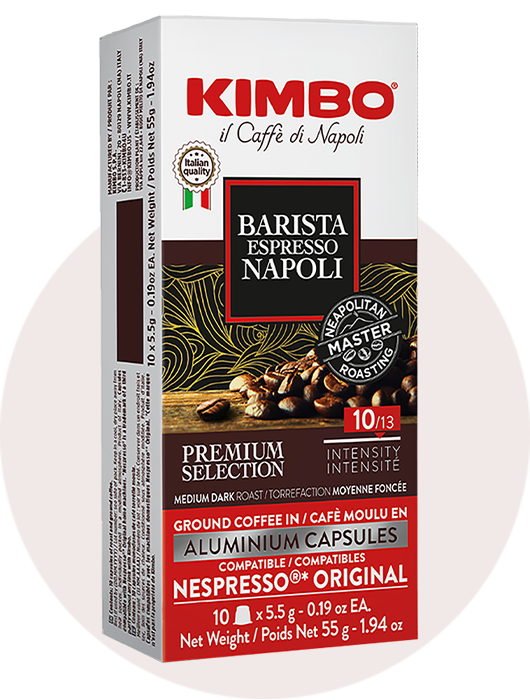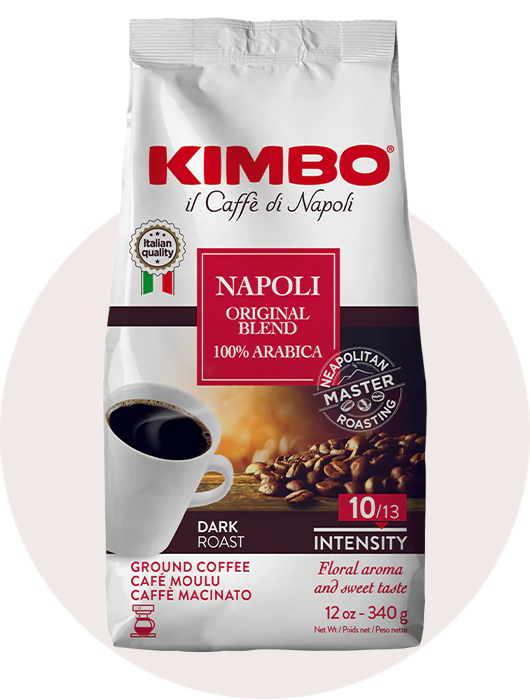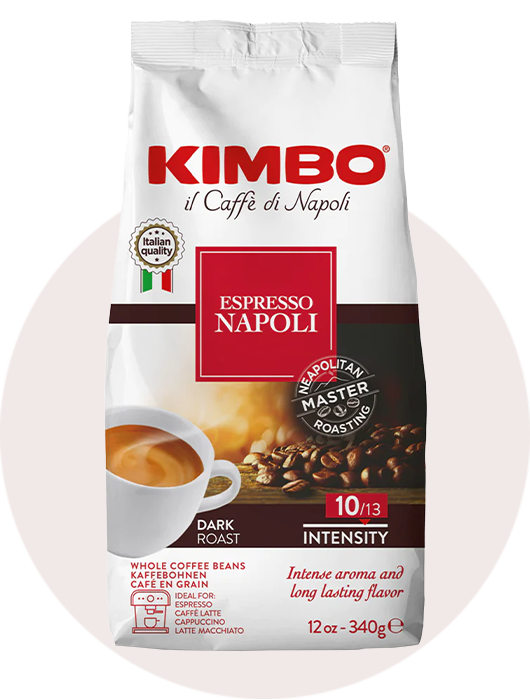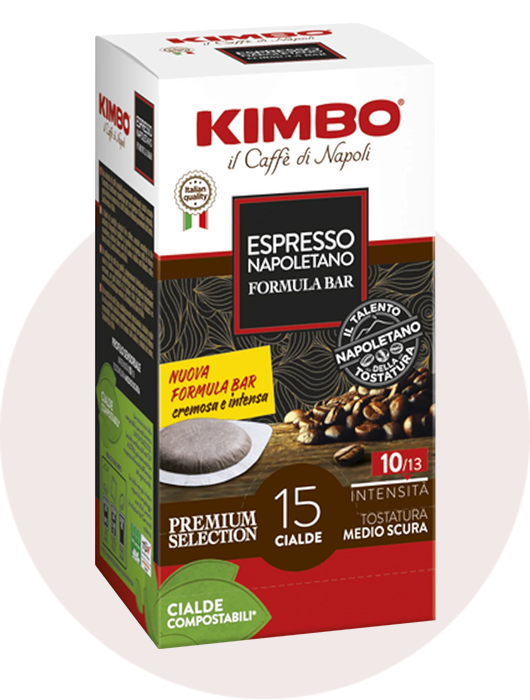You wake up, brew your morning cup just like always, take that first sip, and... something's wrong. The coffee that normally jumpstarts your day suddenly tastes bitter, burnt, or just plain awful. What happened?
If you've experienced this puzzling change, you're not alone. Countless coffee lovers have faced moments when their favorite brew suddenly tastes terrible. This comprehensive guide explores all the possible reasons behind this common problem and offers practical solutions to help you enjoy your coffee again.
Coffee-Specific Issues
Bean Quality and Freshness
Old or Stale Coffee
Coffee begins losing freshness immediately after roasting. Ground coffee deteriorates even faster—within minutes of grinding, coffee begins losing volatile compounds that contribute to its flavor.
Signs of stale coffee include:
-
Lack of aroma when brewing
-
Flat, cardboard-like taste
-
Increased bitterness with none of the pleasant flavor notes
Harvest and Processing Variables
Coffee is an agricultural product, and like wine, its flavor varies from harvest to harvest. Even your favorite brand might taste different when they switch to beans from a new harvest.
As one coffee expert explains: "Sometimes it rained more in one year, or there was more sun, or the nutrients in the soil changed because a herd of elephants set up camp nearby. There are many reasons why one harvest tastes different to the previous one."
This variation is more noticeable in single-origin coffees than in blends, where roasters mix beans to maintain consistency.
Roasting Variables
Over-Roasted Beans
Dark-roasted coffee contains more bitter compounds. If your coffee suddenly tastes burnt, the roaster might have:
-
Roasted this batch darker than usual
-
Changed their roasting profile
-
Experienced a roasting defect
One industry professional notes: "It can actually happen that a roast goes wrong and the coffee is over- or underdeveloped. But that is extremely rare because roasting masters have a lot of experience."
Bean Oil Changes
Very dark roasts and flavored coffees have oils on their surface that can go rancid over time or contaminate grinders. These oils can make future batches of coffee taste bitter or off-flavor.
Storage and Packaging Problems
Improper Storage
Coffee beans are highly susceptible to their environment. Exposure to these elements will rapidly degrade flavor:
-
Oxygen (causes oxidation)
-
Moisture (accelerates deterioration)
-
Heat (speeds chemical breakdown)
-
Light (particularly sunlight)
-
Strong odors (coffee absorbs smells)
The best storage is in an airtight container kept in a cool, dark place. Coffee stored in the original bag with just the top folded over will rapidly lose quality.
Brewing and Preparation Problems
Equipment Cleanliness and Maintenance
Dirty Coffee Equipment
One of the most common culprits for suddenly bitter coffee is dirty equipment. Coffee oils build up inside grinders, brewers, and carafes, eventually turning rancid.
"One of the most common culprits for a bitter cup of joe is dirty coffee making equipment at some stage of the grinding/brewing process," notes one coffee blog.
Signs your equipment needs cleaning:
-
Oily residue inside the coffee maker
-
Stale coffee smell even before brewing
-
Visible mineral buildup
-
Slower brewing than normal
Mineral Buildup
Limescale and mineral deposits in your coffee maker can create metallic or bitter tastes. Hard water areas see this problem more frequently.
A coffee expert advises: "If you've cleaned your equipment with vinegar, that flavor can persist for a long time, and if you haven't cleaned your equipment at all, then mold can get into the works and really ruin the taste of your coffee."
Water Quality and Temperature
Water Temperature Issues
Brewing coffee with water that's too hot extracts excessive bitter compounds. The ideal brewing temperature is between 195°F and 205°F (90-96°C).
If your water is boiling (212°F/100°C), it will over-extract the coffee, creating a bitter taste. Many automatic coffee makers don't reach optimal temperature, while others get too hot.
Water Quality Changes
The mineral content of your water dramatically affects coffee flavor. Changes in your water source or municipal water treatment can make your coffee taste different overnight.
Common water issues include:
-
Too much chlorine (creates a chemical taste)
-
High mineral content (creates bitter extraction)
-
Softened water (creates flat-tasting coffee)
-
Old water filter (fails to remove contaminants)
Brewing Method Variables
Grind Size Problems
The size of your coffee grounds significantly impacts extraction:
-
Too fine: Over-extraction creates bitterness
-
Too coarse: Under-extraction creates sourness and weak flavor
If your grinder's burrs have worn down, they might produce inconsistent grounds with too many fine particles, leading to bitter coffee.
Brew Time Issues
Steeping coffee too long leads to over-extraction and bitterness. This happens easily with French press, cold brew, or pour-over methods.
One coffee expert warns: "If you've brewed a French press coffee and left the coffee in the carafe without decanting into a serving vessel... the coffee keeps brewing, so whoever gets the last cup after it is not only silty but over-extracted."
Coffee-to-Water Ratio
Using too much coffee relative to water creates intense, potentially bitter flavor. Conversely, using too little creates weak, unsatisfying coffee.
The general guideline is 1:16 to 1:18 coffee to water by weight (about 1-2 tablespoons per 6 ounces of water), but this varies by brewing method and personal preference.
Environmental and Psychological Factors
Context and Contrast Effects
Prior Food Effects
What you eat or drink before coffee can dramatically affect how it tastes. This is particularly true for sweet foods.
"If you take a swig or a bite of something really sweet before you take a sip of coffee, it'll completely change how your coffee tastes," explains one coffee blogger. "Drinking your coffee after your tongue has adjusted to sugary sweetness will amplify the natural bitter flavors in coffee—even if you've sweetened your coffee!"
Time of Day Effects
Some people find that coffee tastes different depending on when they drink it. Morning taste buds may be more sensitive, while taste perception can dull throughout the day.
Psychological Influences
Stress and Anxiety
High stress levels can physically affect your taste buds and perception. During periods of anxiety, bitter tastes often become more pronounced.
Many people report that during particularly stressful periods, formerly enjoyable foods and drinks—especially coffee—suddenly taste unpleasant.
Taste Adaptation
Drinking the same coffee regularly can lead to sensory adaptation, where your brain starts paying less attention to familiar flavors. Taking a break from coffee for a few days sometimes resets this perception.
One forum user shared: "I had the same happen to me back in December. I went about 2 weeks where I couldn't stand it. I kinda just started liking it again outta nowhere. It's weird."
Diagnosing Your Specific Coffee Problem
Systematic Troubleshooting Approach
When your coffee suddenly tastes bad, changing everything at once makes it hard to identify the problem. Instead, change one variable at a time:
-
Try different coffee: This eliminates bean quality issues
-
Clean your equipment: This eliminates maintenance problems
-
Adjust grind size: This addresses extraction issues
-
Change water: This rules out water quality problems
-
Modify brewing method: This addresses technique concerns
Keep notes on what you change and how it affects the taste.
Common Flavor Issues and Their Likely Causes
Bitter Coffee
Bitterness usually indicates over-extraction caused by:
-
Water too hot
-
Grind too fine
-
Brewing too long
-
Too much coffee relative to water
Sour Coffee
Sourness typically indicates under-extraction caused by:
-
Water too cool
-
Grind too coarse
-
Brewing time too short
-
Not enough coffee relative to water
Metallic Taste
A metallic taste often points to:
-
Equipment issues (especially scale buildup)
-
Water quality problems
-
Medication side effects
-
Pregnancy (particularly common in early pregnancy)
-
Certain illnesses or infections
Burnt Taste
A burnt flavor usually suggests:
-
Over-roasted beans
-
Brewing temperature too high
-
Coffee maker overheating
-
Dirty equipment with burnt residue
Solutions and Remedies
Medical and Physical Solutions
When to See a Doctor
You should consult a doctor about taste changes if:
-
They persist longer than two weeks
-
They affect all foods, not just coffee
-
You have other concerning symptoms
-
The change was sudden and dramatic
A medical professional can check for underlying conditions and offer guidance based on your specific situation.
Temporary Coping Strategies
While waiting for medical taste issues to resolve:
-
Try cold brew coffee (often less bitter)
-
Add a pinch of salt to reduce bitterness
-
Use milk or cream to mellow flavor
-
Switch to tea temporarily
Coffee Selection Solutions
Choose Better Beans
If bean quality is the issue:
-
Buy whole beans instead of pre-ground
-
Check roast dates and use within 2-4 weeks
-
Store properly in airtight containers
-
Try medium roasts (less bitter than dark)
-
Consider specialty coffee from local roasters
Explore Different Origins
Different coffee-growing regions produce distinct flavor profiles:
-
Ethiopian coffees: Fruity, floral notes
-
Colombian coffees: Balanced, mild sweetness
-
Brazilian coffees: Nutty, chocolate notes
-
Costa Rican coffees: Bright, clean flavors
Brewing Improvements
Equipment Solutions
If equipment is causing taste problems:
-
Clean thoroughly: Descale your machine and clean all parts
-
Replace worn parts: Check burrs in grinders and filters in brewers
-
Upgrade strategically: A better grinder often improves taste more than a better brewer
Water Solutions
For water-related issues:
-
Use filtered water or bottled spring water
-
Let water sit for 30 seconds after boiling before brewing
-
Check your water's mineral content (ideal TDS 150-200 ppm)
Technique Adjustments
Fine-tune your brewing technique:
-
Measure coffee by weight, not volume
-
Time your extraction precisely
-
Distribute grounds evenly
-
Control water flow rate in pour-overs
Taste Enhancement Strategies
Natural Additives
To improve problematic coffee:
-
A tiny pinch of salt reduces bitterness
-
A few drops of vanilla extract enhances sweetness
-
Cinnamon adds warmth without calories
-
Cardamom can mask off-flavors
Temperature Adjustments
Let coffee cool slightly before evaluating flavor. Many tasting notes become more apparent at lower temperatures.
When to Take a Coffee Break
Sometimes, the best solution is a temporary break from coffee. This can:
-
Reset your palate
-
Allow time for health issues to resolve
-
Break psychological associations
-
Create anticipation for return
During your break, consider alternatives with similar benefits:
-
Black or green tea
-
Chicory root coffee
-
Herbal coffee substitutes
-
Matcha for energy without bitterness
Expert Insights and Community Experiences
Coffee professionals suggest that most taste changes are temporary. As one roaster explained: "Coffee is very forgiving up to a point. It happens with cold beverages too—specifically cold brew. It begins to oxidize and taste super stale after too much contact with air."
Many coffee drinkers who experienced sudden aversion report that their enjoyment eventually returned. One forum member shared: "40 plus year drinker here... I no longer enjoy the taste of the same coffee I have been drinking for years. No Covid and I'm not pregnant. Weird. Every morning it's another disappointing cup of coffee."
Another followed up months later: "I had the same happen to me back in December. I went about 2 weeks where I couldn't stand it. I kinda just started liking it again outta nowhere."
Conclusion
A sudden change in how your coffee tastes can stem from a wide range of factors—from health issues to brewing problems to bean quality. The good news is that most causes are temporary or fixable.
By systematically addressing each potential factor, you can likely solve the mystery and return to enjoying your daily cup. Start with the simplest solutions—clean equipment and fresh beans—before moving to more complex possibilities.
Remember that our taste perceptions naturally change throughout our lives. Sometimes, what seems like a problem might actually be an opportunity to discover new coffee preferences and brewing methods that you'll enjoy even more than your previous cup.
Have you experienced a sudden change in how your coffee tastes? What solution worked for you? Everyone's coffee journey is different, and sharing experiences helps the whole community of coffee lovers.





